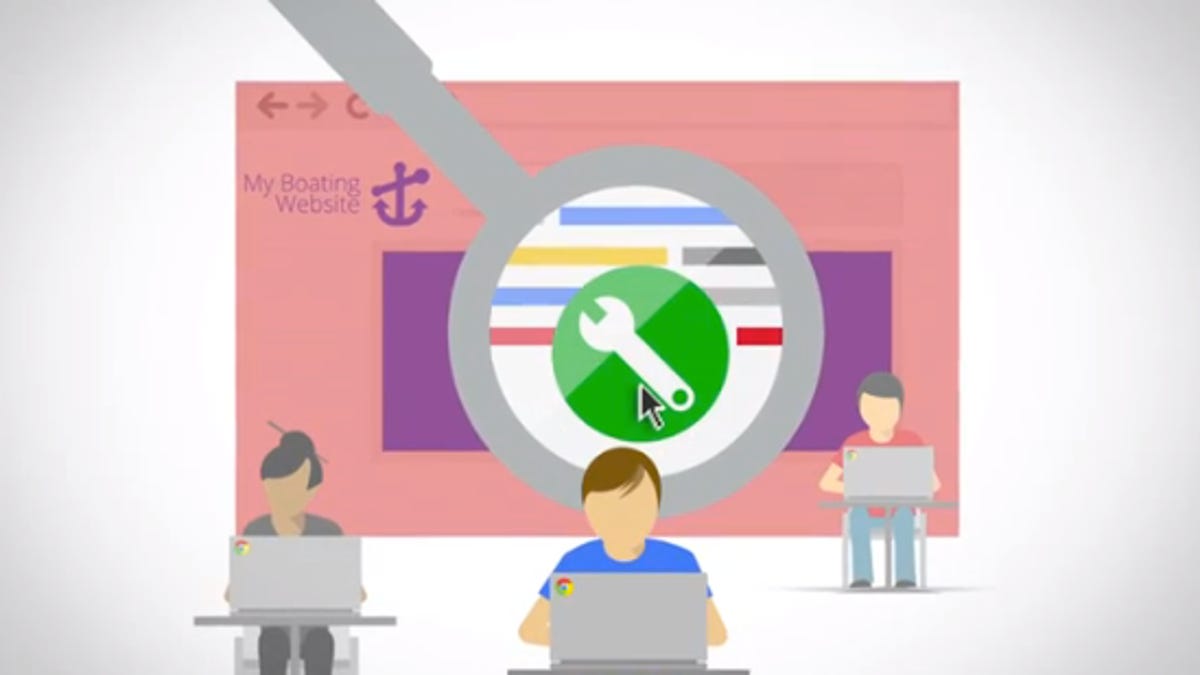Google rolls out initiative to help hacked sites
With its new informational series, the Web giant aims to answer questions about why a site was hacked, what malware may have been used, and how to wipe the site clean of bugs.

It's not pretty when a Web site gets a "this site may be compromised" or "this site may harm your computer" status note. Many webmasters and Web site owners can be at a loss of what to do in these situations.
For this reason, Google has launched "Help for Hacked Sites" informational series, which has a dozen articles and videos aimed to help people avoid having their sites hacked and also teach them how to gain back control of compromised sites.
"Every day, cybercriminals compromise thousands of websites. Hacks are often invisible to users, yet remain harmful to anyone viewing the page -- including the site owner," Google wrote on the Web site dedicated to its new initiative. "For example, unbeknownst to the site owner, the hacker may have infected their site with harmful code, which in turn can record keystrokes on visitors' computers, stealing login credentials for online banking or financial transactions."
The topics covered include why cybercriminals hack Web sites, background information on spam and malware, working with a Web host to recover the site, how to clean and maintain a malware-free site, and more.
Google has several initiatives to cut down on hacking. It launched an ongoing vulnerability reward program in 2010 where the company offers dollar rewards for techies to hack into its Web services as a way to learn how best to curb hacking, bugs, and vulnerabilities.
Here's Google's "Help for Hacked Sites" overview video on how and why sites are hacked:

